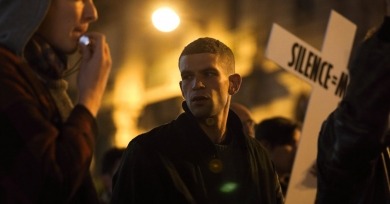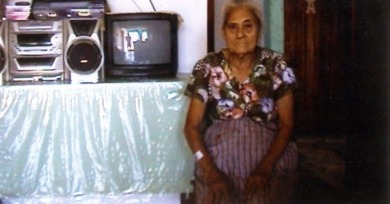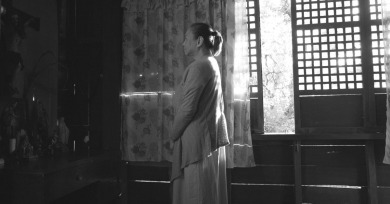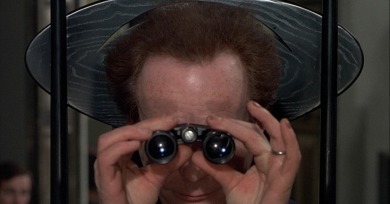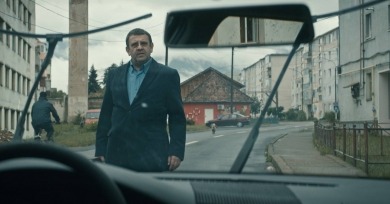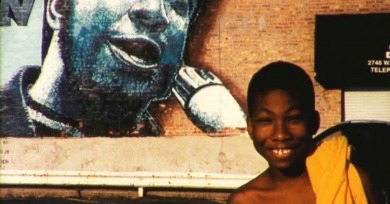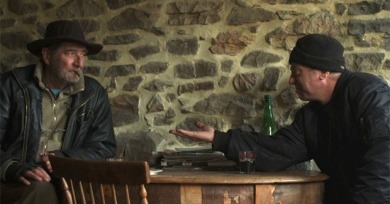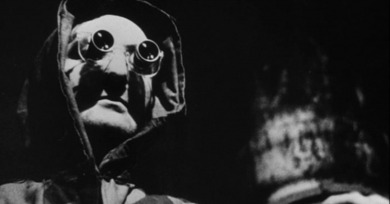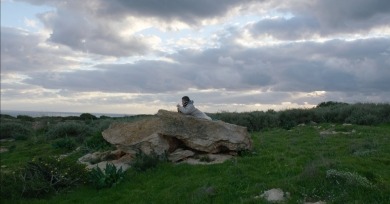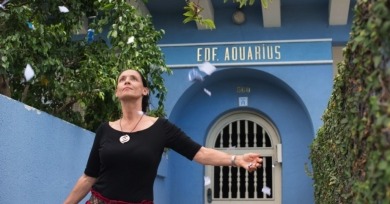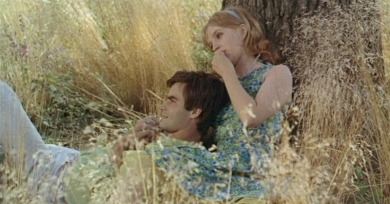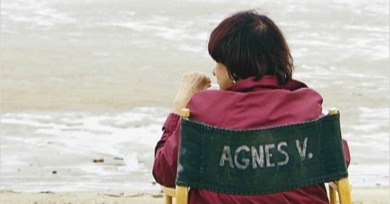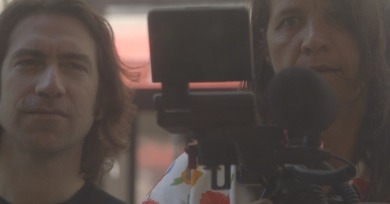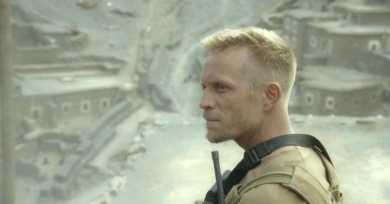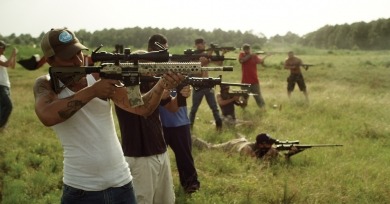Jeff Reichert
Robin Campillo himself was a participant in ACT UP-Paris in his younger days, and the easy jockeying between strategy and action in the film would likely have been near impossible without his insider perspective.
Nocturama is up to many things, perhaps including taking the piss, and it is not always easy to disentangle its aims.
The film proceeds in an unhurried fashion, from one static shot to the next, with edits more often than not bringing about changes in time and space, rather than additional vantage points on events. Solnicki resists the urge to coalesce his vignettes into a more structured narrative experience.
We hear story after story in which subjects betray more than they would like about their class, race, personal successes, failures, and family before the patient, gentle cameras.
The Trump Executive Order on Border Security and Immigration Enforcement Improvements forgoes the essential human perspective, as seen in the Chantal Akerman film From the Other Side, set between Agua Prieta, Mexico and Douglas, Arizona.
The comparatively bite-sized, almost four-hour The Woman Who Left feels like a work that could start to open Lav Diaz up to a larger U.S. audience in a way that Norte, the End of History, his last film distributed here did not.
Over the course of a career that runs far deeper than just his 1994 groundbreaker Hoop Dreams, James has continually given classical documentary storytelling a good name.
As film critics, we have been unclear what to do with our despondency, other than one clear thing: direct our outrage away from suffocating social media channels and toward writing, reasoning, wrestling with ideas, praising, hoping, questioning.
Graduation drops viewers firmly in contemporary Romania, and offers the image of a nation where the trappings of modernity have been uneasily papered over a people and culture with a deep history of patriarchal tribalism.
What happens when audiences have come to expect long-simmering, historically engaged Gesamtkunstwerks from a filmmaker and then are treated rapid-fire to a series of increasingly ungraspable present-day love stories? What is Malick doing in To the Wonder, Knight of Cups, and Song to Song, and why now?
A one-woman filmmaking army, Stratman exhibits a knack for choosing historically significant locations and then, through careful framing, the addition of the right sounds, the introduction of primary source texts and other unexpected choices, slowly unpacks the history of the place we are looking at.
Marcel is the younger of the pair, and over the course of the film, we watch him turn from 52 to 53, lose his wife of 16 years, navigate single parenthood, and attempt rehab for alcoholism.
A Few Great Pumpkins
La Jetée, I Walked with a Zombie, Creepy, Jacob's Ladder, Young Sherlock Holmes, Vampyr, The Pit and the Pendulum
Instead of immersing us solely into the experience of the immigrants arrived at Lampedusa, Rosi winds us around the small island again and again, meeting its lifelong denizens and newly arrived, feeling its culture and traditions and how they have or have not been affected by the influx of refugees from abroad.
In Aquarius, a woman in her sixties faces threats (some real, some perhaps imagined) to her continued existence in the titular three-story beachfront apartment building she has lived in for decades and which developers hope to raze and replace with a lucrative high rise project.
Varda makes one wonder about the ways in which platitudes can be both aimed at selfish ends and deeply felt all at once.
In selecting the subject of our latest director symposium, we alighted upon a figure of constant surprise, of reinvention, of charm and oddity and intellectual freedom. She is one of the most thrillingly alive filmmakers working today, and she is 88.
Who's the person finding and shaping the images we watch? For the latest Reverse Shot Talkie, documentary filmmaker Kirsten Johnson takes the camera to explore some of the ideas stirred up by her new film, Cameraperson.
In the Afghanistan conflict thriller Neither Heaven Nor Earth, something unexpected emerges from, and eventually overtakes, standard battlefield movie clichés.
What is important about Minervini’s film politically is that he links this brand of American revanchism not to a particular candidate but to a geographically predicated and economically defined ideology of isolation simmering unto paranoia.
